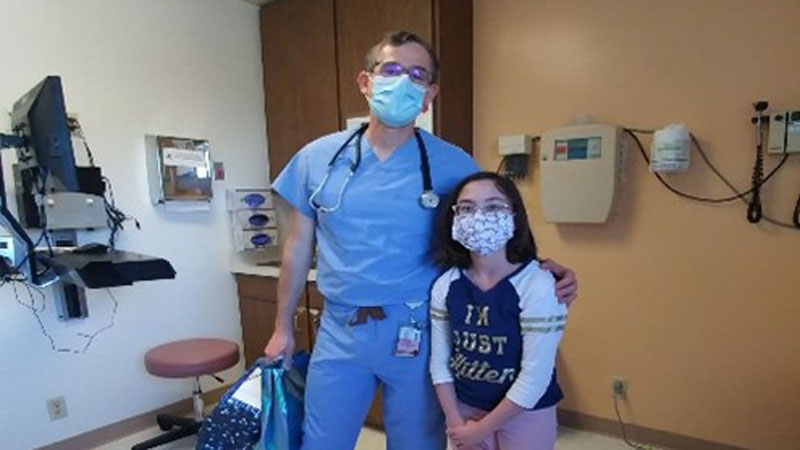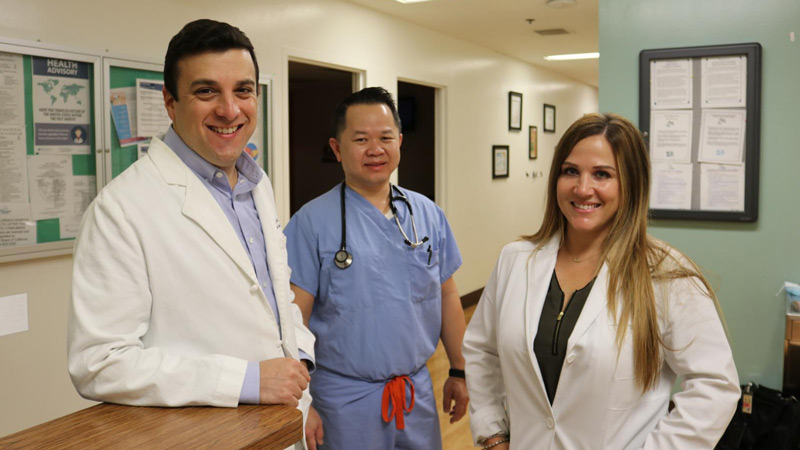What is Inflammatory Bowel Disease?
Inflammatory bowel disease (IBD) refers to a group of chronic conditions that cause inflammation and sores in the digestive system. The two main types are:
- Crohn’s disease – may occur anywhere along the digestive tract, from the mouth to the anus, but most commonly affects the lower part of the small intestine and the colon.
- Ulcerative colitis – affects the colon (large intestine) and rectum.
What Causes IBD?
The causes of IBD are not well understood. However, children who have a parent or close family member with IBD are more likely to be affected. Diet, environment and the immune system likely play a significant role.
While there is no evidence to suggest that emotions play a causative role, emotional stress can affect symptoms. Additionally, dietary modifications, especially during flare-ups, can help reduce symptoms and replace lost nutrients.
Can IBD be Cured?
Both the causes of and medical cures for IBD are unknown. Colectomy (surgical removal of the colon) is a potential cure for ulcerative colitis but often considered a last resort. However, there is no cure for Crohn's disease and surgery may be needed to help control symptoms or treat complications, relapses are common.
Symptoms
The initial symptoms may be nonspecific, including abdominal pain, diarrhea, weight loss or unexplained fevers. In fact, eighty to ninety percent of children with Crohn’s disease experience weight loss. However, symptoms may be vague and the correct diagnosis can be difficult to make. Failure to recognize the symptoms of IBD can lead to delayed diagnosis and complications, including growth delay. Early diagnosis and treatment can significantly improve outcomes.
Other symptoms range from mild to severe and life-threatening and include any or all of the following:
- Abdominal pain or cramps
- Persistent diarrhea
- Rectal bleeding
- Weight loss
- Unexplained fevers
- Joint pain (arthritic-like symptoms)
- Mouth sores (canker sores)
- Rash or skin nodules
- Changes in vision or eye pain
Centers & Programs
Our Inflammatory Bowel Disease (IBD) Program offers a multi-disciplinary approach to the management of Crohn’s disease and ulcerative colitis in children and teens.
Our Gastroenterology & Nutrition Center provides a multi-disciplinary and multispecialty approach for consultation, diagnostic testing and medical management of children with liver, nutritional, and gastrointestinal conditions. Children ages birth through 21 years of age, who are treated for conditions involving the stomach, esophagus, small intestine and large intestine (colon), liver, gallbladder and pancreas receive a comprehensive care plan that manages their symptoms from diagnosis to treatment by a specialized care team, often working closely with other pediatric sub-specialists.



